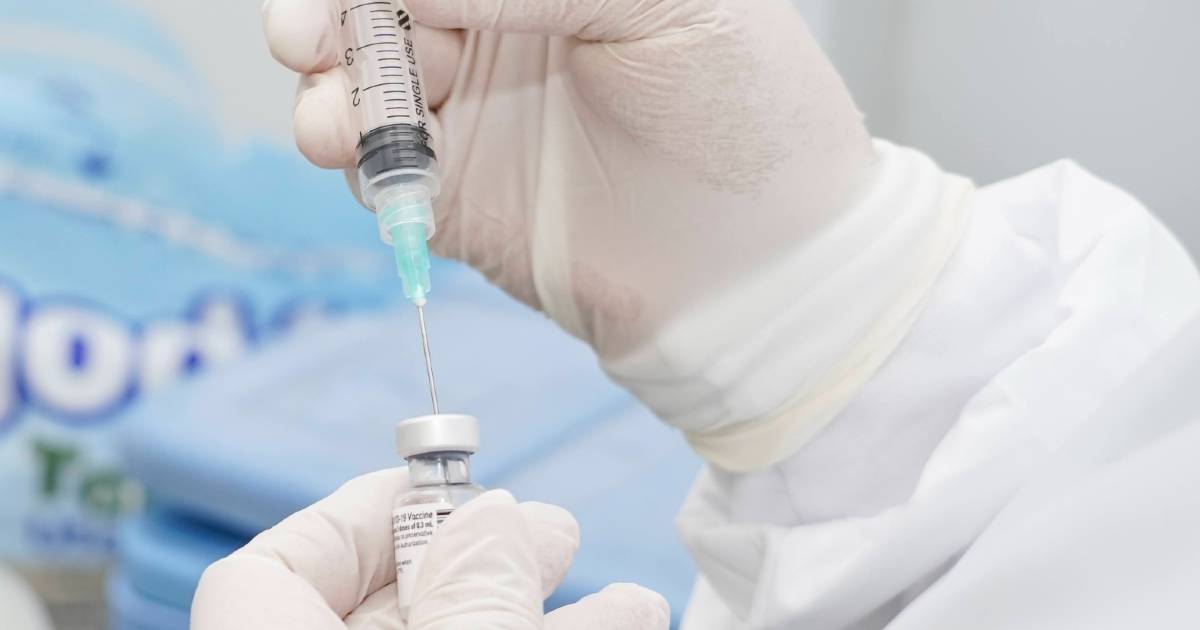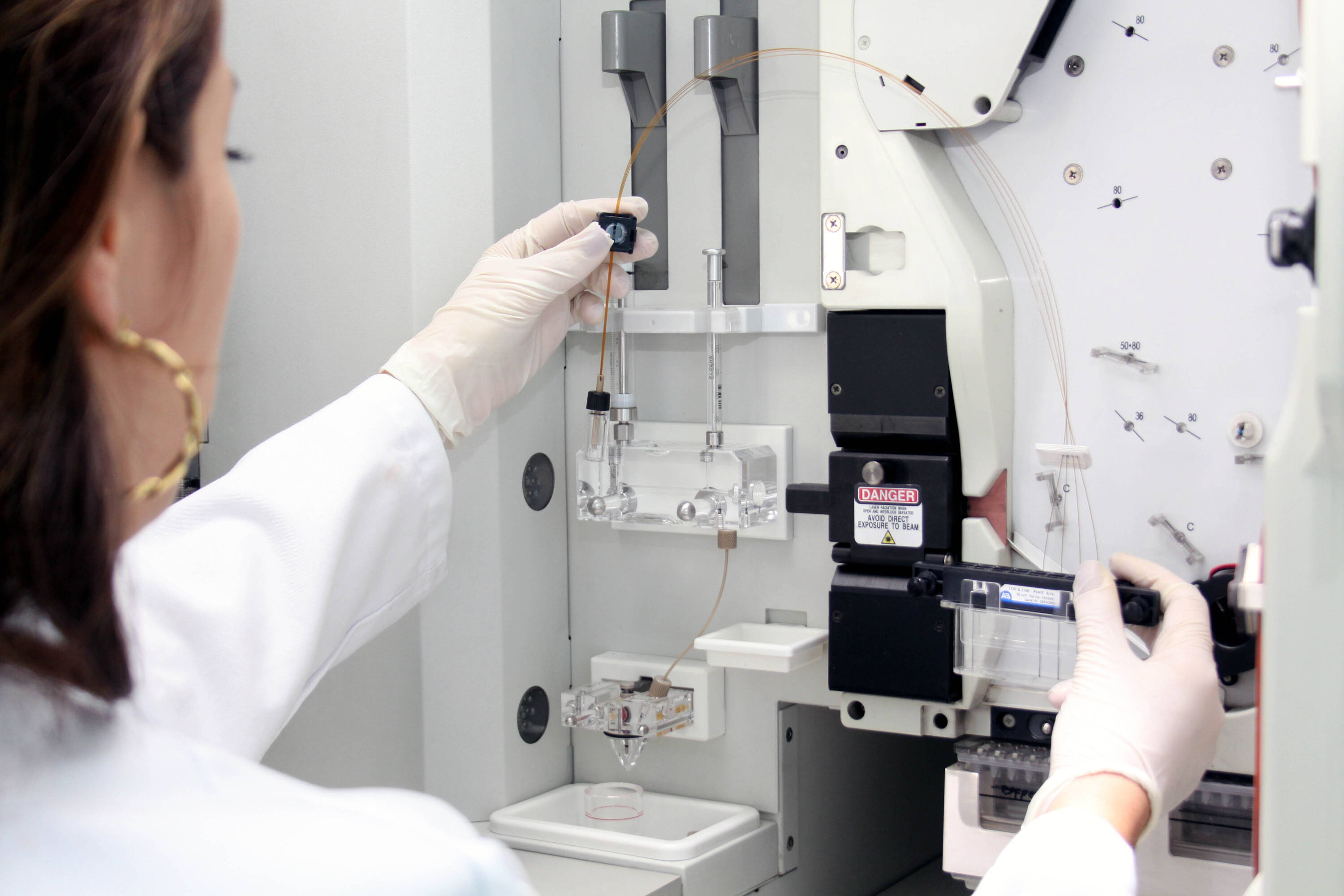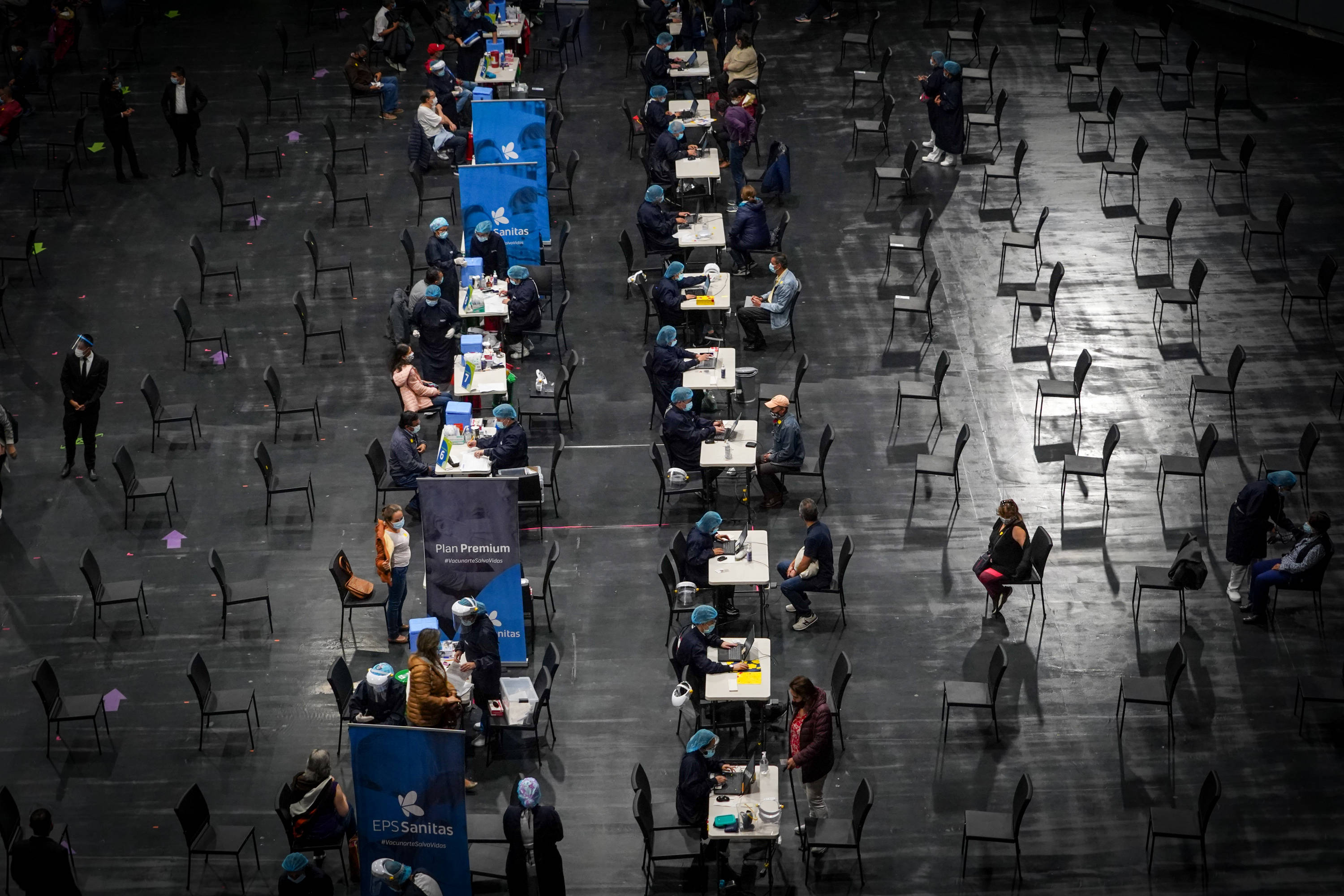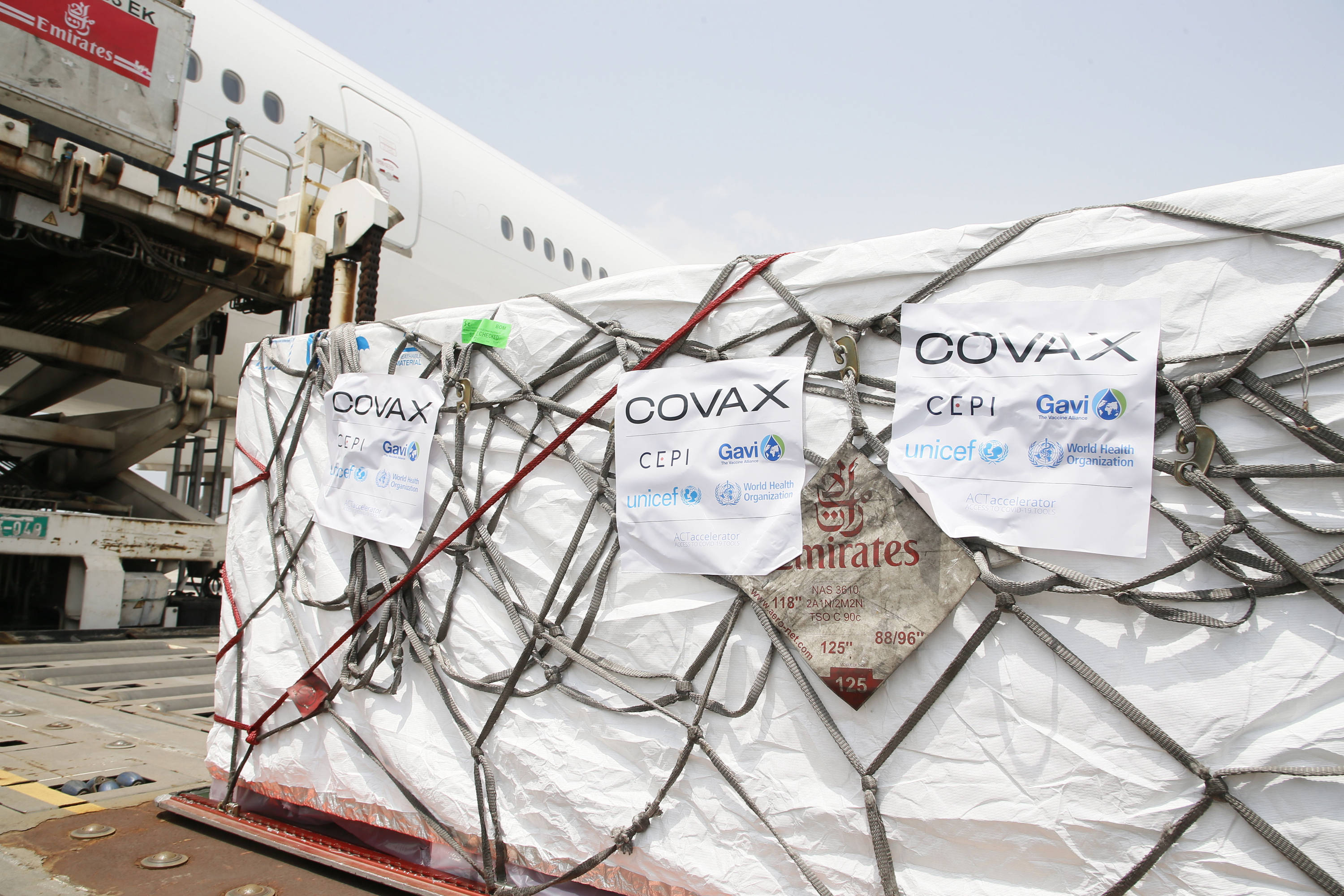A fragmented world can unite around immunization

We live in a world that seems increasingly fractured and prone to conflict. But experience in both the public and private sectors has taught me that periods of geopolitical turmoil are precisely the moments when we must step back and consider what unites us. The bonds that bring people together across borders, generations, and cultures should be celebrated and strengthened.
Many of our differences and disagreements disappear when we recognize the simple truth that we all want the next generation to grow up and thrive in a world that is safer, more just, and more prosperous than the one they entered. The question is how to translate this universal instinct into concrete collective action.
One answer almost everyone can agree on is protecting children and communities through immunization. To demonstrate their commitment to this important cause, heads of state and government gathered in Brussels on June 25 for the Gavi Global Summit, the Vaccine Alliance: 'Health and Prosperity through Immunization.' With your pledges of support, Gavi (whose board I have chaired for the past five years) can continue to prevent the spread of deadly and debilitating infectious diseases, especially among the most vulnerable segments of society.
The increased uptake of vaccines has already transformed the world for the better. When Gavi was founded a quarter of a century ago, millions of children died annually from diseases like measles and pneumonia. These deaths represented an unthinkable tragedy because they could have been easily prevented. Gavi was founded to end this unnecessary suffering.

COVID vaccines. Photo: Bogotá City Hall
Gavi's public-private model is unique among global health organizations. By bringing together vaccine manufacturers, governments, donors, and grassroots organizations, Gavi has vaccinated more than one billion children in low- and middle-income countries since its inception , preventing nearly 19 million deaths and helping to halve child mortality. The organization has also built effective global defenses against pandemics and other infectious threats by creating and maintaining emergency vaccine stockpiles.
Investing in Gavi's immunization efforts has yielded remarkable benefits. Since 2000, the organization's work has generated $250 billion in broader economic benefits in the low- and middle-income countries where it operates, helping 19 of them overcome the need for vaccine support. Recognizing the vital role that immunization plays in improving public health and resilience, several of these "Gavi graduates" are now donors.
As the organization approaches its next five-year strategic period—arguably the most important in its history—we call for renewed financial and political commitments to protect the next generation. Our goal for the next five years is to vaccinate 500 million children in the world's poorest countries against 19 diseases.
Future projections For the first time in history , we have a vaccine that can change the course of malaria . We can also protect millions of girls against cervical cancer with the human papillomavirus (HPV) vaccine, sustain progress against preventable deadly diseases like measles and typhoid fever, and provide essential vaccines to children in displaced and conflict-affected communities. But none of this can be achieved without the financial support of donor countries and their partners.

Search for malaria vaccines Photo: Archive
Of course, most donors are juggling competing budget priorities, especially as policymakers, faced with geopolitical uncertainty and growing polarization between countries, push for increased defense spending.
But, as the COVID-19 pandemic has shown, ensuring the safety of our citizens cannot be achieved through military might alone. Resilience requires investing in health security. Moreover, since immunization is a global public good, efforts to provide it can create fertile ground for greater cooperation.
As the COVID-19 pandemic has demonstrated, ensuring the safety of our citizens cannot be achieved through military might alone. Resilience requires investing in health security.
Even amid all of life's economic, political, and scientific complexities, sometimes the choices we face are simple. There is no future without children. Improving access to vaccines is perhaps the most effective and scalable tool we have to slow the spread of preventable diseases that threaten too many young people and cause unnecessary deaths. Regardless of our differences and disagreements, I am confident that the world can find common purpose when it comes to immunization and that, working together, we can begin to create the conditions for a better and more hopeful future.
(*) Former President of the European Commission, former Prime Minister of Portugal, Chairman of the Board of Directors of Gavi, the Vaccine Alliance.

Vaccination during the COVID pandemic. Photo: Mauricio Moreno
The COVID-19 crisis taught the world fundamental lessons about the importance of global cooperation in the fight against disease. But that cooperation, and the conditions necessary to sustain it, are under pressure. Funding for health and science is in question, and the reduction in development aid from some traditional donors calls into question our ability to prevent and respond to infectious diseases in the world's most fragile countries.
To ensure future resilience to pandemics globally, these gaps must be addressed . The key to success lies in forming new, strong and innovative partnerships between multinational organizations, public and private sector institutions , and civil society. We already know from recent experience that this recipe works. Five years ago, we managed to overcome vaccine nationalism to formulate a global response to COVID-19.
Five years ago, we overcame vaccine nationalism to formulate a global response to COVID-19.
At that time, Gavi, a global alliance of public, private, and civil society organizations, partnered with the European Investment Bank (EIB) Group, the financial arm of the European Union, to mobilize €600 million ($720 million) in donations for the Covax initiative. Without these funds, Covax would not have been able to act with the speed and scale that enabled it to deliver nearly two billion vaccine doses. More than 100 mostly poor countries benefited from this cooperative response to the pandemic.

COVAX vaccine shipments to member countries. Photo: EFE
Recognizing the imperative to improve preparedness for the next pandemic, we continue to build on this success. The EIB is providing Gavi with €1 billion in liquidity to accelerate access to vaccines against viruses with pandemic potential (e.g., Ebola) and support routine vaccination against preventable diseases such as measles, malaria, and human papillomavirus (HPV), a leading cause of cervical cancer. Thanks to this support, we may be close to developing a new vaccine against tuberculosis.
This innovative approach has inspired other actors and catalyzed their efforts. For example, the G7 development finance institutions, along with the EIB, MedAccess, and the International Finance Corporation, are working on a new emergency financing instrument to mobilize vaccines, treatments, diagnostic kits, and other medical equipment that low- and middle-income countries will need to respond to future pandemics.
Through combined expertise, the EIB-Gavi partnership helps countries strengthen their health systems and improve their capacity to respond to pandemics and save lives. As leaders of mission-driven organizations, we know that protecting global health requires decisive action. By investing in innovation and ensuring resources reach those most in need, we can reduce the risk of future outbreaks, protect communities, and create a world where health crises no longer destroy lives and livelihoods.
Viruses know nothing of politics, visas, tariffs, or wars. But they respond to resilient immune systems and effective vaccines. If we don't guarantee all countries the resources they need to identify new outbreaks and respond quickly, we will all be at risk.
Viruses know nothing of politics, visas, tariffs, or war. But they respond to resilient immune systems and effective vaccines.
Without international cooperation, there will be no protection for ourselves, our loved ones, or our economies. Investing in innovative international public health partnerships is our best defense against the next major disease outbreak and will bring significant benefits to the world in terms of stability and security.
President of the European Investment Bank, and Sania Nishtar, CEO of Gavi
This article is an edited version of the original.
eltiempo


%3Aformat(jpg)%3Aquality(99)%3Awatermark(f.elconfidencial.com%2Ffile%2Fa73%2Ff85%2Fd17%2Fa73f85d17f0b2300eddff0d114d4ab10.png%2C0%2C275%2C1)%2Ff.elconfidencial.com%2Foriginal%2F74f%2Fdaa%2F128%2F74fdaa128de825008dfd4c22376b8ced.jpg&w=1280&q=100)
%3Aformat(jpg)%3Aquality(99)%3Awatermark(f.elconfidencial.com%2Ffile%2Fa73%2Ff85%2Fd17%2Fa73f85d17f0b2300eddff0d114d4ab10.png%2C0%2C275%2C1)%2Ff.elconfidencial.com%2Foriginal%2F646%2F9d4%2F3b4%2F6469d43b4ed3fbf3914b90a4b5e00b94.jpg&w=1280&q=100)